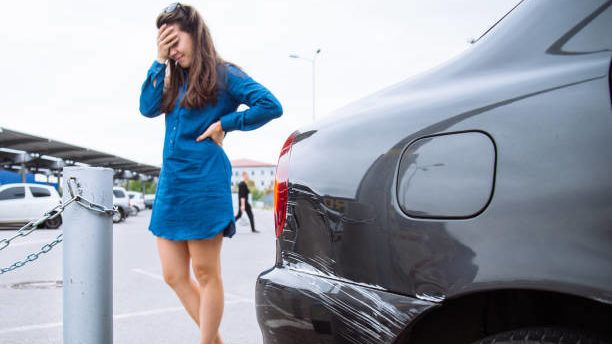#1. Severe penalty
The first reason, of course, is that it is the law. Except for Virginia that does not require car insurance, but if you don’t you must pony up a $500 uninsured fee, New Hampshire, which does not require drivers to carry auto insurance but requires them to be responsible for paying the costs of an accident, or in the case of Mississippi, you can post and heavy bond in lieu of obtaining car insurance, every other state in the nation requires you to have at least a minimum level of collision insurance.
In most states, the penalty is severe for not having car insurance. Typically a fine of up to $1,000 and loss of your driver’s license for a year. Deleware has the most severe fines, between $1500 and $2000, but several states such as New York, South Dakota, and Kansas can actually impose imprisonment.
#2. Avoiding lawsuits
There are many reasons why getting car insurance, particularly comprehensive car insurance is really worth to you as a consumer.
There are thousands of lawsuits filed every year by attorneys on behalf of clients who have been injured in automobile accidents. Florida, Michigan, New Jersey, New York, Pennsylvania, Hawaii, Kentucky, Massachusetts, Minnesota, North Dakota, and Utah are no-fault states.
No-fault means that each person is responsible for their own insurance. It doesn’t mean that you can’t sue in an accident, but you can do so only for actual damages above a certain threshold. And there are no provisions for pain and suffering.
Regardless of the state, most financial and insurance experts recommend having far more than the minimum amount of state coverage. Typically at least $100,000 worth of liability up to around $250,000 is recommended.
#3. Repairing your own car
If you are lucky and you get into an auto accident, the best scenario is to have insurance that will pay to have your own car fixed. The average claim just to repair a vehicle in a crash is around $3.200, and that was in 2013. Today that figure probably is closer to $4,000.
Insurance that covers your own car regardless of whether someone else was at fault and had insurance or not may run you a few hundred more dollars per year, but with the average new car costing around $36.000 and larger pick-up trucks and luxury vehicles running nearly $60,000, can you afford to go without it.
#4. You lease or finance a car
If you lease or finance a car, and over 85 per cent is financed, your lender will almost certainly require you to have auto insurance. And that won’t be the minimum state coverage. Your lender will almost always require you to carry liability insurance, collision insurance, and comprehensive insurance (often termed “full coverage”).
If you start out with full insurance but drop your insurance down to the minimum or even drop car insurance altogether (say in the case of losing your job for example,) it will be a violation of the conditions of your lease or loan.
The lienholder may choose to cancel your loan altogether, take back the vehicle or both and charge you huge fees for doing so, or they may choose to keep the arrangement in place and insure the car on their own, in the form of forced placed insurance, which they will add to your loan or lease premium.
5. To protect your assets
Although the average car settlement in court is around $30,000, it is not uncommon for court cases to settle for one million dollars or more. Particularly when an injury is involved and a child will be disabled for life.
Unfortunately, the law in most jurisdictions assigns blame, and if you have a home, property, and business, it could all vanish settling a major lawsuit without enough insurance.
6. Protecting your passengers
Having medical payments and personal injury insurance is underrated and unappreciated. Nearly 3 million people are injured in car accidents each year and nearly 2 million experienced a permanent injury.
Whether you are driving the local cheerleading squad, or just taking your best friend for coffee, you want to have insurance to get medical coverage for yourself, both long term and short term, and your passengers.
7. Insurance isn’t just for collisions
Nearly 750,000 cars are stolen in the United States every year. And to say that once the police find your car that it is without damage is wishful thinking. Many thieves literally beat the hell out of cars they steal. Others, who take them to chop shops, literally take them apart piece by piece because it is easier to sell stolen parts than an entire car.
Protecting your car against theft, vandalism, and the fire is a must.
